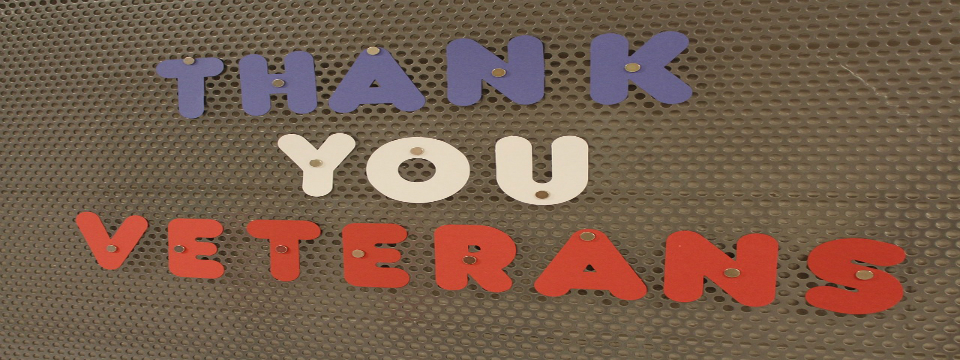Mentor and mentee perceptions about mentor qualities in last-resort programs
Keijzer, R., van der Rijst, R., van Schooten, E., & Admiraal, W. (2021). Towards emotional responsive mentoring of at-risk students in last-resort programs. Empirical Research in Vocational Education and Training, 13(1), 22.
https://doi.org/10.1186/s40461-021-00129-9
Summarized by Ariel Ervin
Notes of Interest:
- Mentoring has the potential to help at-risk students in last-resort programs to stay on track for graduation and their futures.
- This study explored which mentor qualities were regarded as essential by at-risk students and their mentors in last-resort programs.
- There are three interconnecting themes about mentor qualities:
- Mentor responsibilities & behaviors
- Mentor-mentee relationship characteristics
- Required mentor traits
- Mentors brought up mentoring tasks and approaches for student guidance more often than their mentees.
- Mentors thought that keeping students engaged in the system was a vital mentor task in guidance.
- Both mentors and mentees agreed on the following:
- Mentors took their mentees seriously.
- Mentors are responsible for motivating their mentees.
- Mentors and mentees were equals.
- Mentors had to be authoritative without being an authoritarian
- Mentoring at-risk youth is essentially a “tight-rope” balancing act where it’s essential to be professional yet sensitive and approachable.
- While findings indicate that emotional support (such as academic or informational support) wasn’t a tangible form of help, it suggests that emotional responsiveness (empathy, trust, & genuine care) is.
Introduction (Reprinted from the Abstract)
Background
Mentors guide students in their challenges at school and in life. At-risk students in last-resort programs who are at a high risk of leaving school unqualified are especially in need of highly competent and adaptive mentors. This study therefore aimed to identify mentor qualities as perceived by at-risk students and their mentors that meet students’ needs and mentors’ capabilities.
Methods
Face-to-face individual semi-structured interviews were conducted with students and mentors of two specialized programs in the Netherlands. Sensitizing concepts, derived from literature, were used to identify themes. Data analysis was conducted using thematic analyses and was validated by performing an audit.
Results
The mentor qualities that at-risk students and their mentors reported were classified in three different themes. Mentor tasks consisted of guiding and motivating students and providing them with tangible methods of support. Relationships between mentor and student were based on levels of respect, equality, and bonding. Characteristics of mentors related to empathy, care, and trust.
Research implications
Emotional responsiveness deserves further exploration as it appears to be an underlying concept of being a good mentor. Future research might explore mentor qualities in the context of other last-resort programs for at-risk students.
Practical implications
Findings implicate that mentors have to walk a tightrope between keeping professional distance and being sensitive, suggesting constant attention to their professional development is needed.
Originality
In the context of last-resort programs, an alternative perspective on mentoring at-risk students is outlined, based on perceptions of both students and mentors.
Implications (Reprinted from the Discussion)
.This study aimed to identify which mentor qualities are considered important by at-risk students and their mentors and that meet students’ needs and mentors’ capabilities. Three main aspects of mentoring were reviewed from literature: mentor tasks, relationships between mentor and student, and mentor characteristics (e.g., Jablon and Lyons 2021; Liang et al. 2008; Rhodes 2002; Vaclavik et al. 2017). Descriptions and valuing of students and mentors were related to these three main aspects. How at-risk students valued mentoring might reveal specific needs that differed from students in mainstream education. To avoid a one-sided view of mentoring, mentors’ perspectives were also included. Descriptions and valuing of mentors and students could then be taken into account. Similarities and discrepancies between students’ and mentors’ perspectives will first be discussed, followed by conclusions about the proximity and repertoire of mentors.
Mentor tasks, relationships and characteristics
Mentoring tasks and approach to student guidance were mentioned less often by students than mentors. This may mean students take guidance for granted, not reflecting on it explicitly, or they may attach less value to it. According to mentors, important mentor tasks in guidance were to re-engage their students into the system. This task was not recognized in previous studies and might be especially relevant for students who are at risk of dropout. Mentors helped to develop realistic future perspectives, which was appreciated by some students, corresponding to findings of Vaclavik et al. (2017). Especially RP-mentors concentrated on aligning their guidance to individual needs and students’ life issues. They did so requiring that their students exerted themselves too. This wish for reciprocity had not been found before and added to our knowledge.
To access this article, click here.









